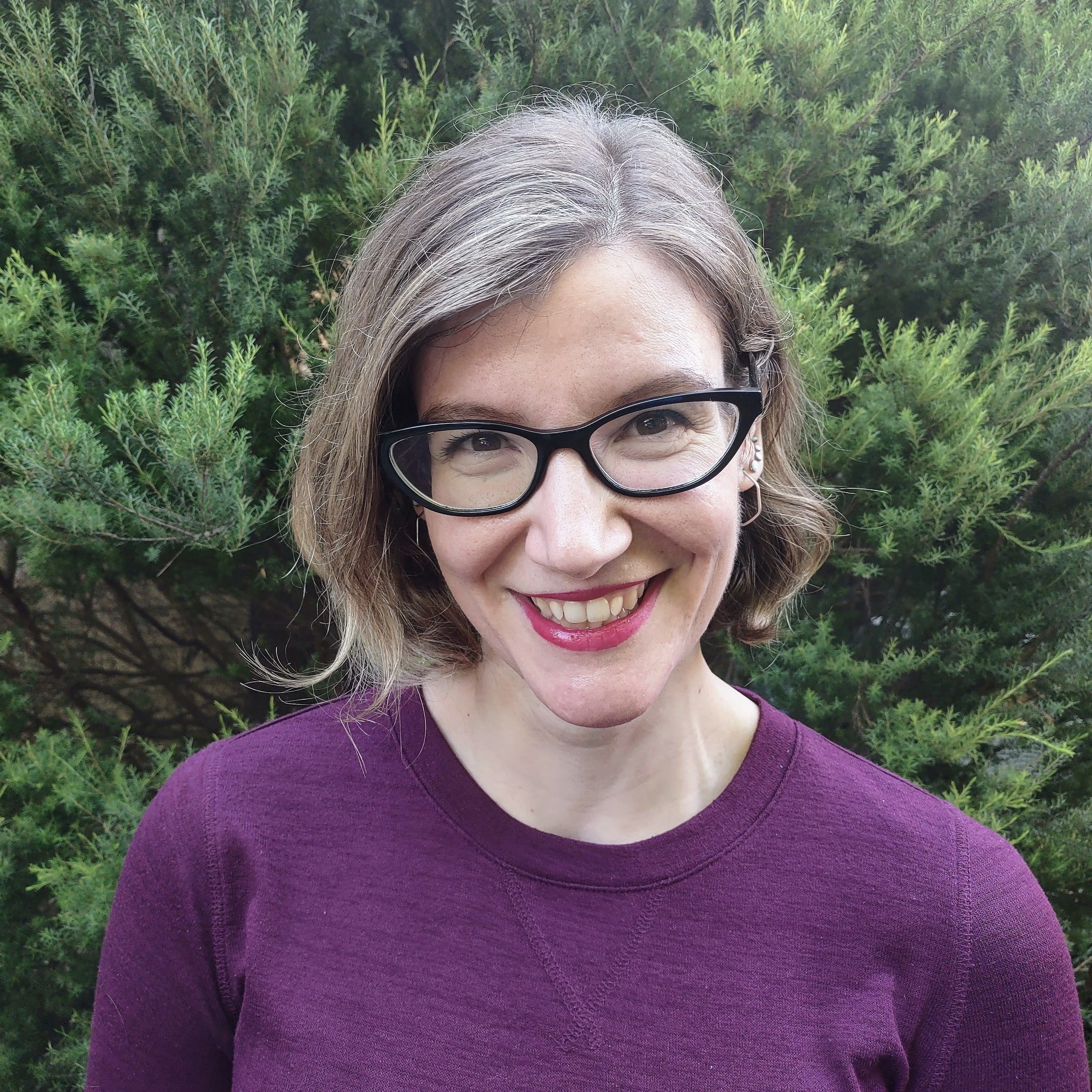
Laura Hirello is a Canadian paramedic from Halifax, Nova Scotia. She moved to Melbourne in February 2023 to pursue a PhD from Monash University. Laura’s research study, project ASAP, looks at how shift work and the resulting circadian rhythm disruption impact paramedics, their work performance, and their decision making. Prior to moving to Australia, Laura worked as an ambulance paramedic for 9 years before moving into healthcare project management and process improvement.
Area of research: Paramedicine, occupational health, sleep, decision making, chronobiology, physiology, work performance
Are you currently taking students? Maybe
What supervision can you provide? Honours, Masters, Co-supervisor
Supervision approach: As a supervisor, I work to create a positive and supportive environment for students. I believe that open communication, respect, and trust are imperative to the student-supervisor relationship. I encourage students to take ownership of their work while providing guidance that fosters critical thinking and high quality research practice.
Affiliation:
Professional links:
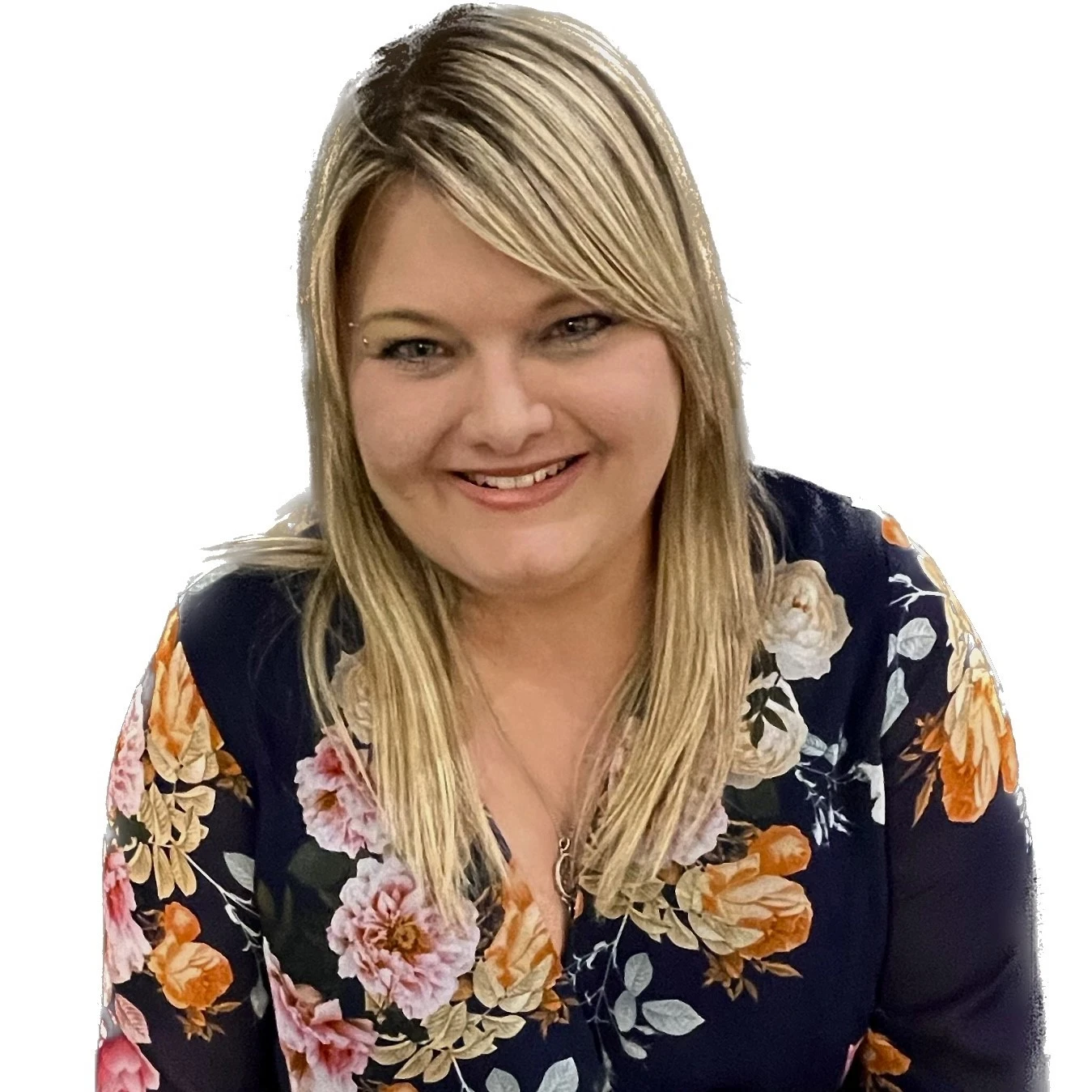
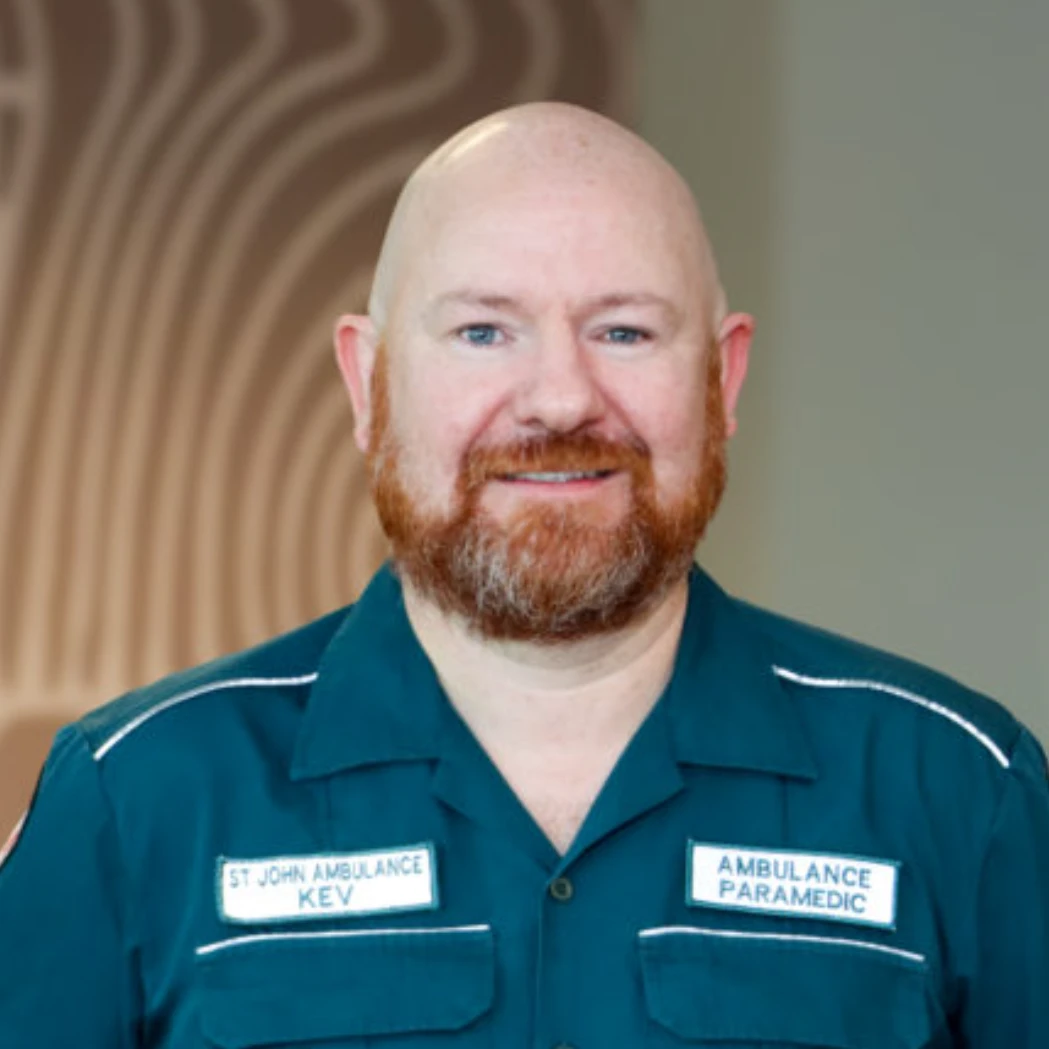
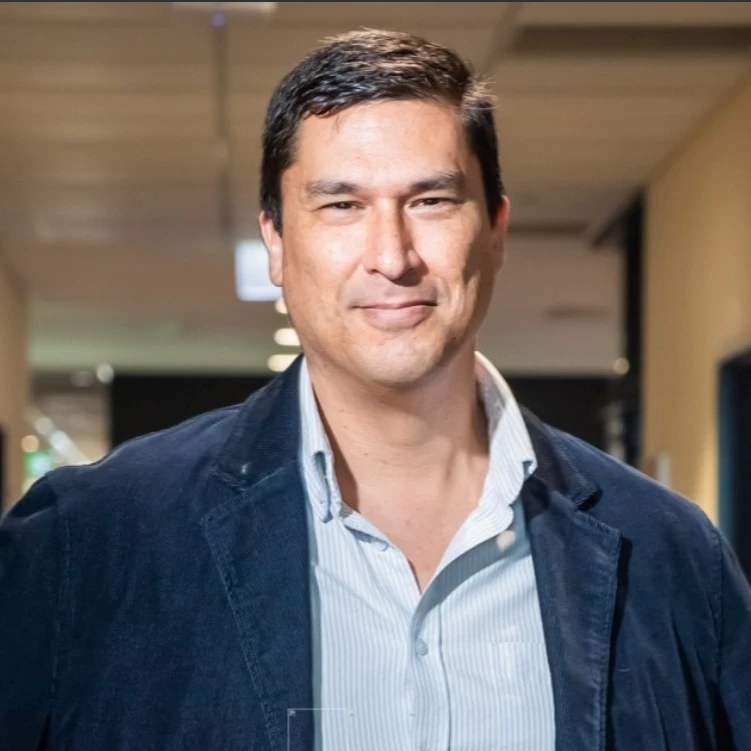
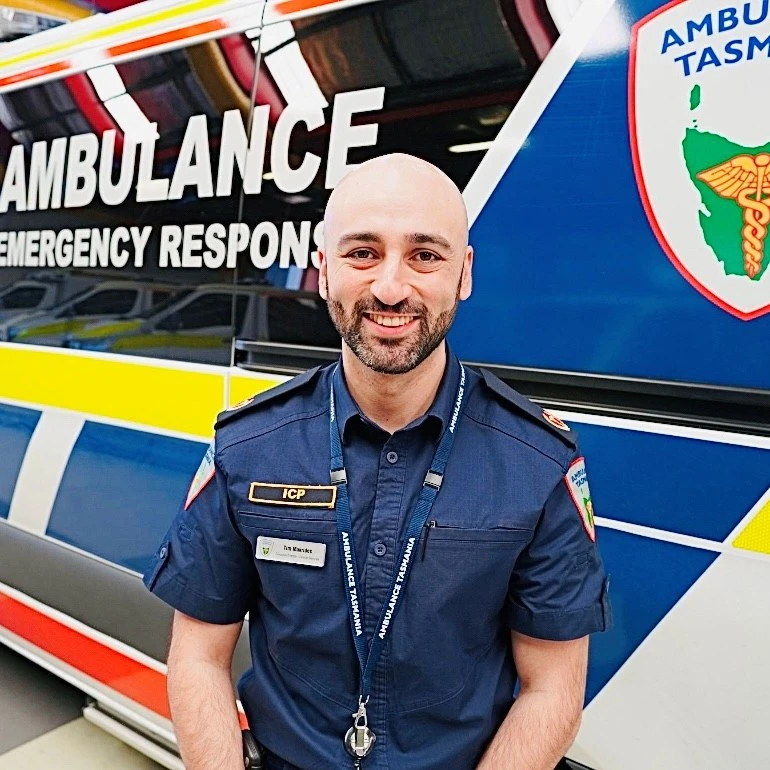
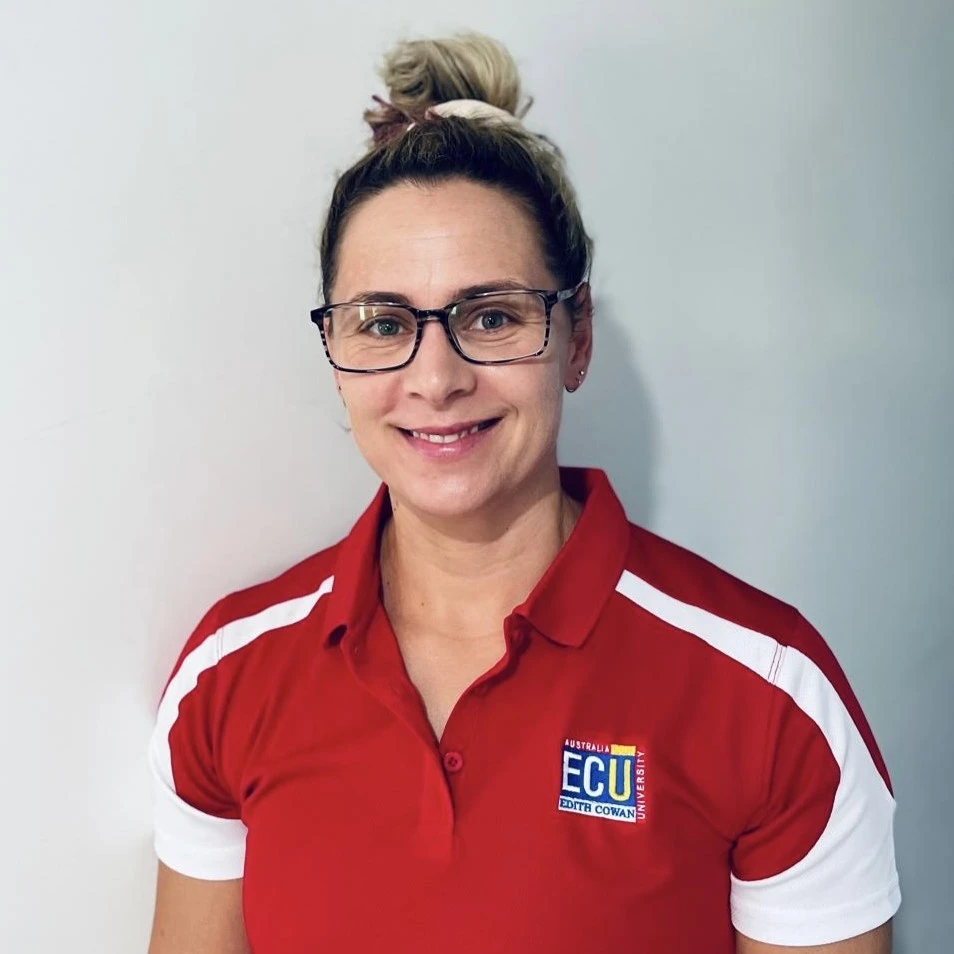
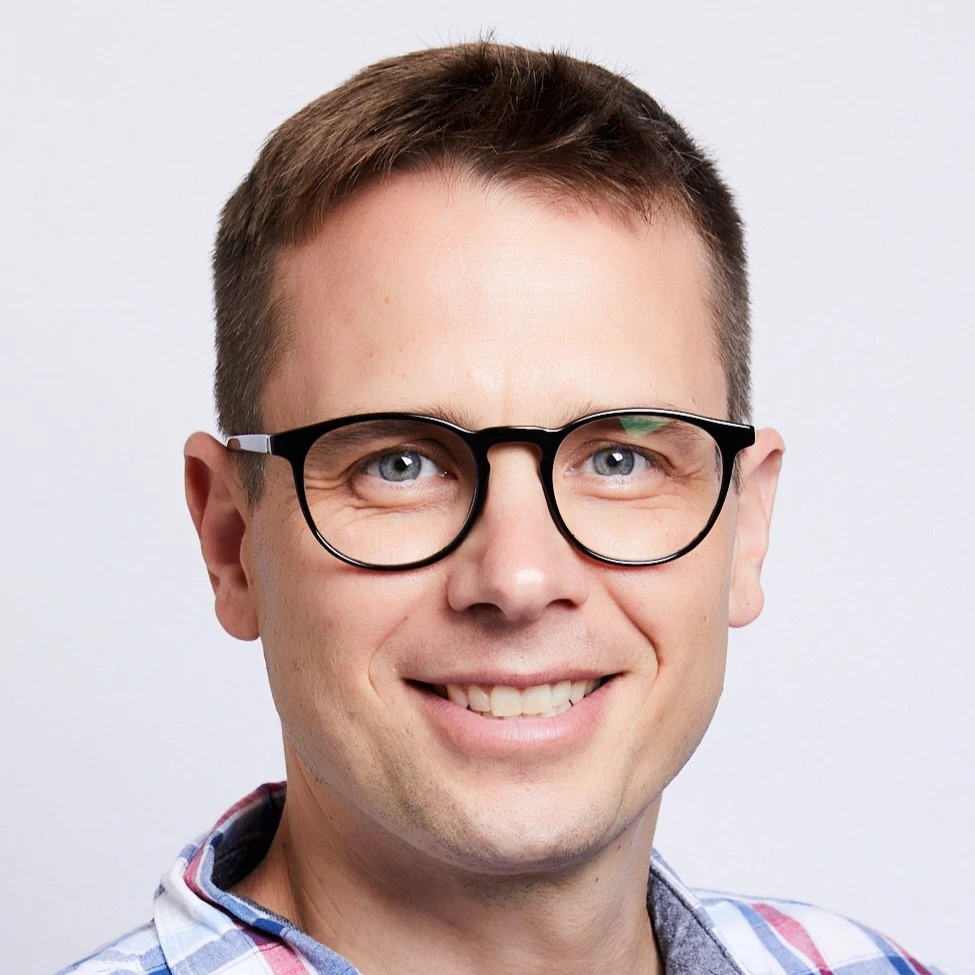
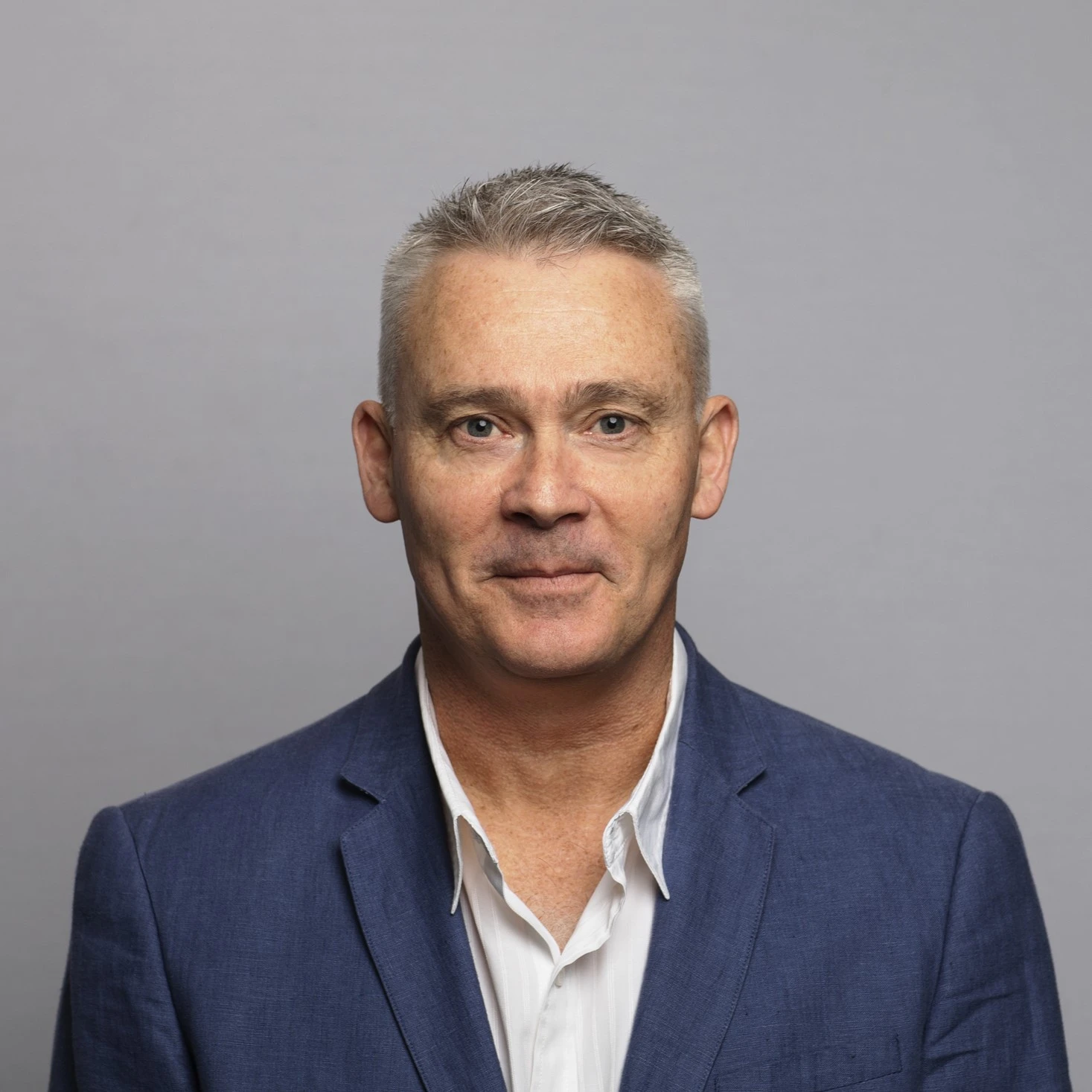
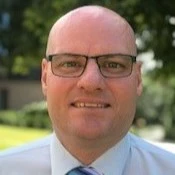
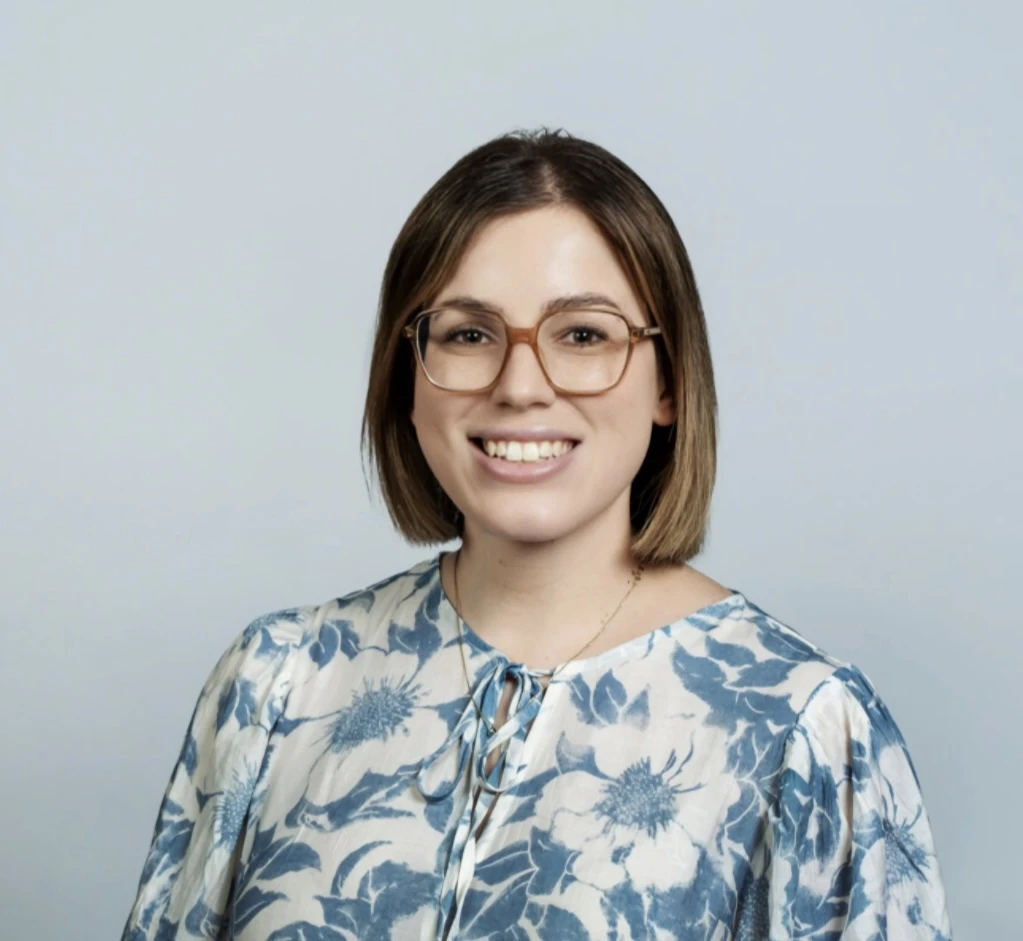
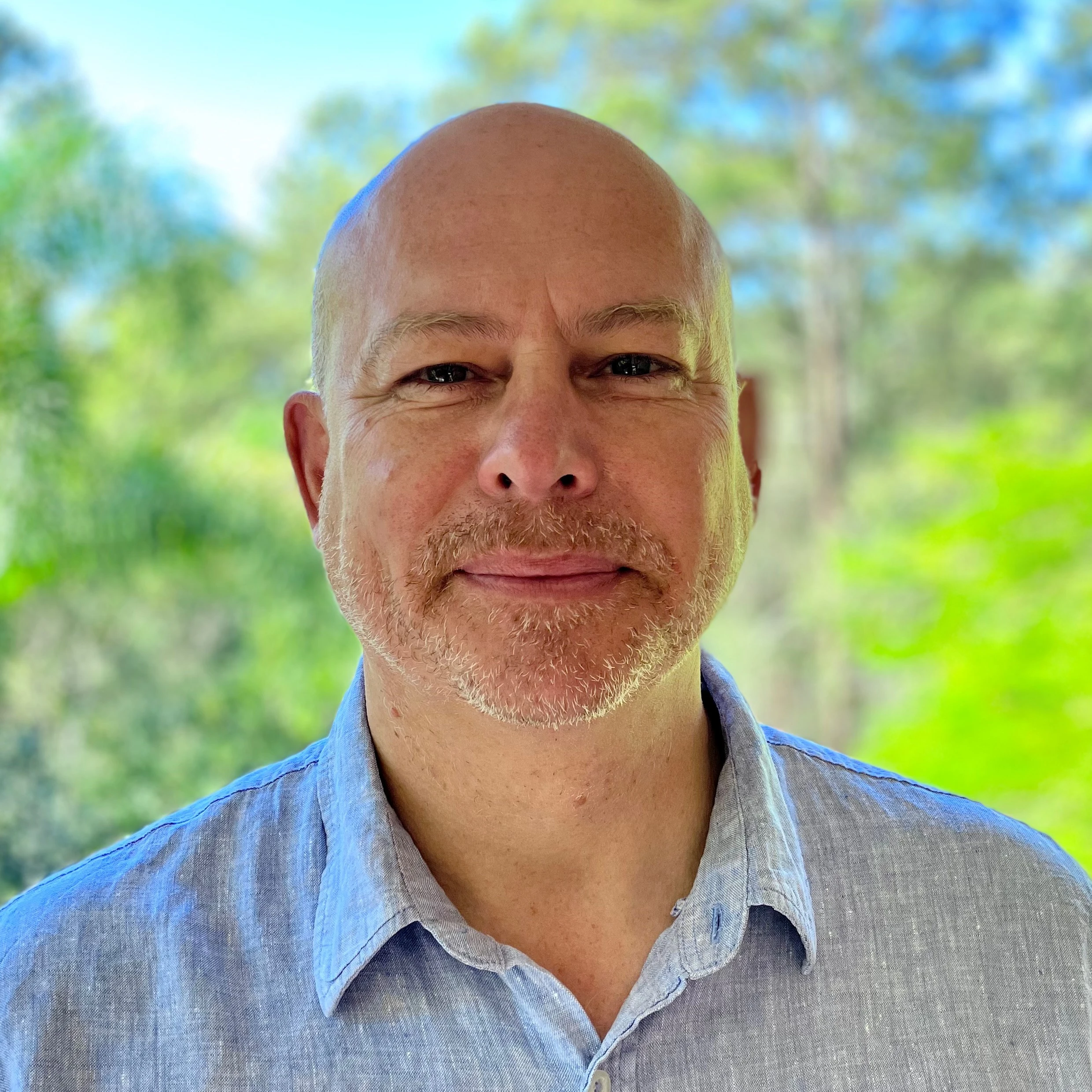
Showing 1 to 10 of 15 results